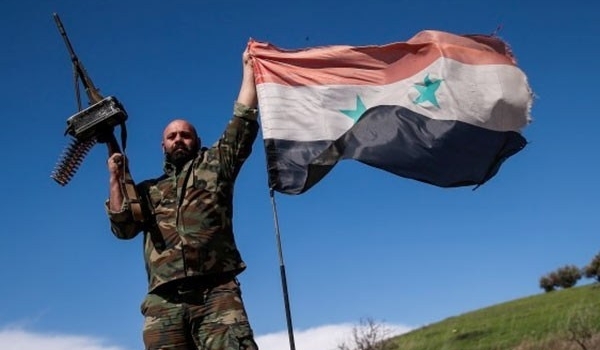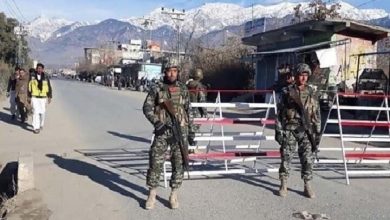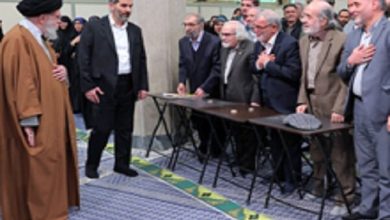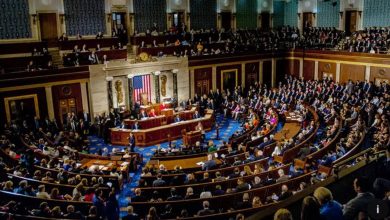Al-Aqsa Storm Operation Alters Regional Landscape: Velayati
The Secretary General of the World Assembly of Islamic Awakening has characterized the Al-Aqsa Storm Operation as a pivotal event signaling a shift in the regional landscape, stating that the emergence of a new Middle East hinges upon the success of the operation launched on October 7.
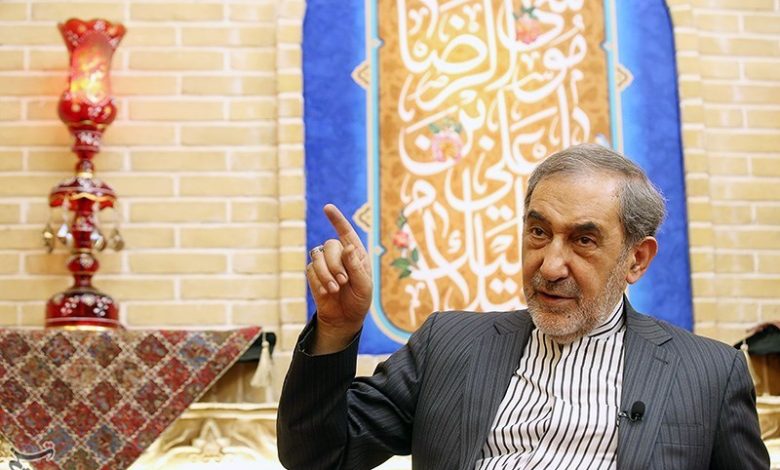
Ali Akbar Velayati, serving as an advisor to the Leader of the Islamic Revolution, Ayatollah Seyed Ali Khamenei, conveyed a message during the 15th International Conference of the World Assembly of Islamic Awakening. This event took place in Tehran on Wednesday, January 1.
The following is the content of his message:
In the name of Allah, the Most Gracious and Most Merciful.
The Islamic Revolution, spearheaded by Imam Khomeini (may Allah bless him), at the close of the 20th century, alongside the emergence of “Resistance” as both an ideology and theoretical framework, has significantly shaped the trajectory of West Asia for several decades.
In this context, the emergence and consolidation of the “Axis of Resistance” under the leadership of Ayatollah Khamenei have significantly altered regional and international dynamics post-Islamic Revolution. This entity, characterized by a focus on identity, has played a pivotal role in shaping regional consciousness and collective identity.
During the 20th century, a variety of subnational, national, and transnational entities voiced opposition to the prevailing norms and frameworks of international relations. Despite their efforts, these movements failed to produce significant outcomes. In this context, the Islamic Revolution in Iran emerged as a pivotal event, successfully challenging the existing bipolar and unipolar world systems and significantly altering the global order. This revolution disrupted both the Eastern and Western blocs, highlighting the inadequacy of conventional paradigms, and set a precedent by merging religious and secular issues, heralding the beginning of a new epoch in international relations.
The early 21st century has witnessed a notable shift in global power dynamics, characterized by the waning influence of US hegemony and the emergence of new regional and global powers. Recent developments point towards a transformative world order, marked by a growing number of actors challenging the established norms, principles, and authorities within the international system.
The establishment of the Axis of Resistance as a defensive and security coalition in West Asia, along with the subsequent rise of a “Geopolitics of Resistance,” marks a notable accomplishment for the Islamic movement in recent years.
For the past century, the United States has employed a combination of deterrence and diplomatic engagement in its efforts to sustain its global leadership, counteracting movements and entities challenging its unilateral approach from Central America to Southeast Asia. Over the last five decades, in a bid to safeguard its hegemonic status against opposing forces and to extend its geopolitical influence, the US has demonstrated unwavering support for Israel. This strategy is aimed at thwarting the consolidation and empowerment of groups collectively known as the Axis of Resistance, reinforcing its longstanding foreign policy objectives.
A core tenet of the Resistance’s ideology, as repeatedly underscored by the coalition, is its staunch opposition to Israel and unwavering support for the Palestinian cause. The Palestinian issue, coupled with resistance against Israel, remains a pivotal and enduring aspect of the collective stance adopted by Resistance groups concerning the regional order.
The pursuit of global hegemony in the region has predominantly focused on safeguarding Israel’s security. In response, the Resistance movement has emphasized the liberation of Al-Quds as its primary mission. This guiding principle, which took shape shortly after the triumph of the Islamic Revolution, deterred the Arab world from moving towards normalizing ties with Israel—a process that began with the Camp David Accords brokered by Egyptian President Anwar Sadat. This approach paved the way for confronting Israel through the establishment of revolutionary and grassroots resistance groups opposed to Israeli occupation, including Hezbollah in Lebanon and Islamic Jihad in Palestine, as well as the onset of the Intifada movement within the occupied territories. These efforts drew inspiration from the model of the Islamic Revolution, its community-focused vision, and the prudent leadership of its Leader.
Today, widespread public dissent and remarkable developments in international arenas have emerged against the Zionist regime. These occurrences are seen as a direct result of the resistance movement and the events of the October 7 Operation.
The series of uprisings such as the Intifada, the enduring influence of the Islamic Revolution, the removal of Israeli forces from southern Lebanon, Hezbollah’s 33-day conflict in Lebanon, the Islamic Awakening, as well as the 22-day, 41-day, 8-day, and 2-day conflicts in Gaza, alongside strategic defensive developments in Iraq and Yemen, and the unyielding resolve of Palestinian youths against initiatives like normalization efforts and the “Deal of the Century,” underscore this reality. In recent developments, the execution of the “Al-Aqsa Storm” operation has delivered a significant strategic blow to imperialism and global dominance. This operation demonstrated to the global community that the catalyst for transformation in the region and the emergence of a new Middle East originates from the successful outcome of the October 7 operation, rather than the intentions of the United States or the leadership of Israel.
The Zionist regime and its global allies, potentially misled by incorrect assumptions, believe they can undermine the resilient Palestinian population and dismantle the Islamic Resistance through pressure tactics and alleged genocidal acts, akin to the recent scenarios in Syria. However, as per divine principles, any increase in oppression and aggression is expected to reinforce the strength and resilience of the Palestinians. The determination and courage demonstrated by the Palestinian people are anticipated to soon produce significant outcomes not only in Syria but also globally, highlighting how Islamic Resistance can alter strategic dynamics. The results of this steadfast resistance are anticipated to reflect the dignity and pride of their enduring struggle.
